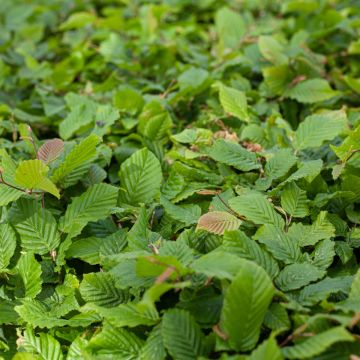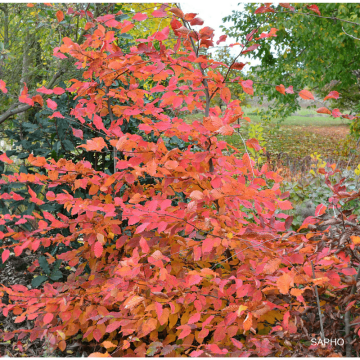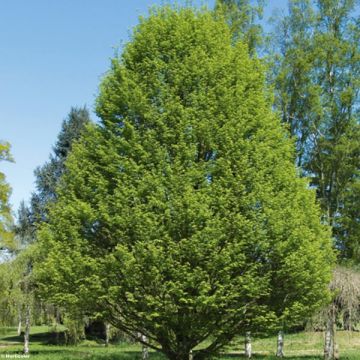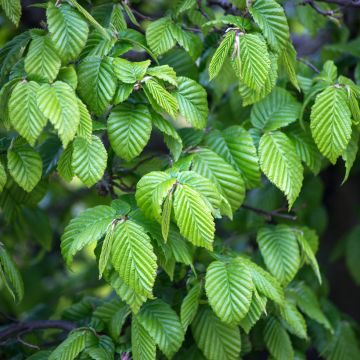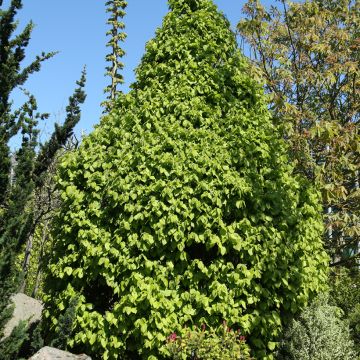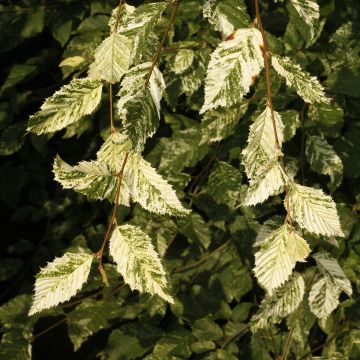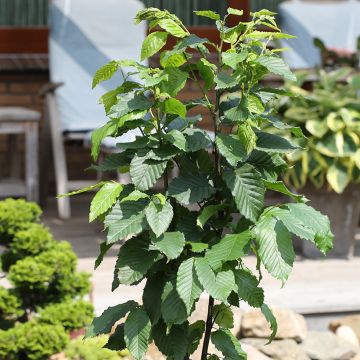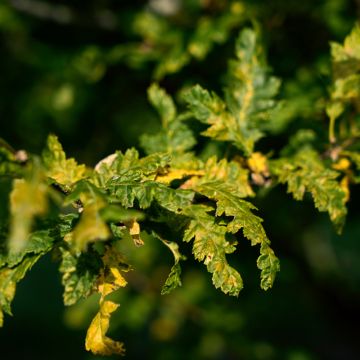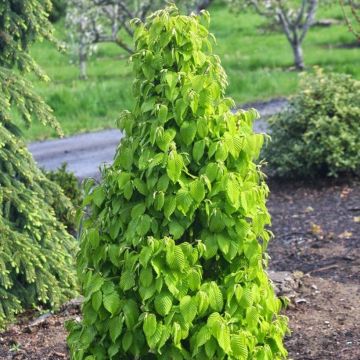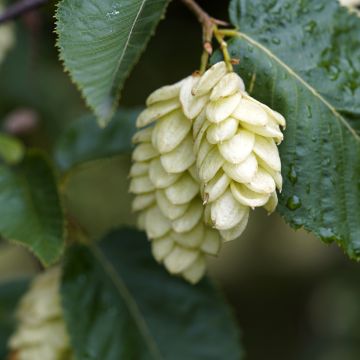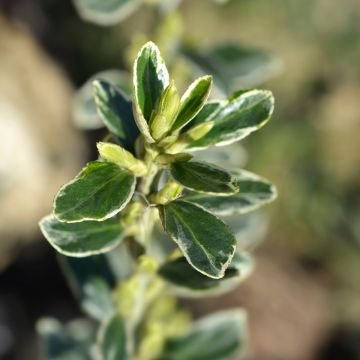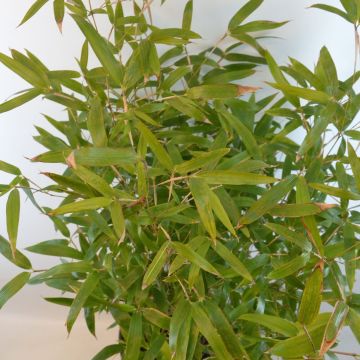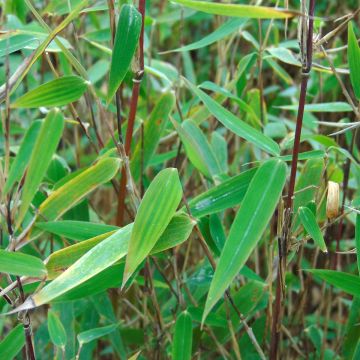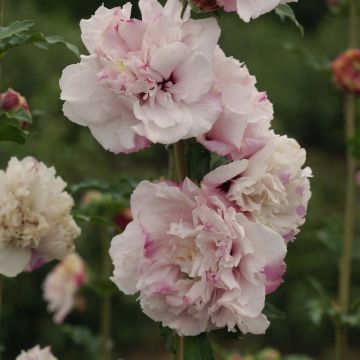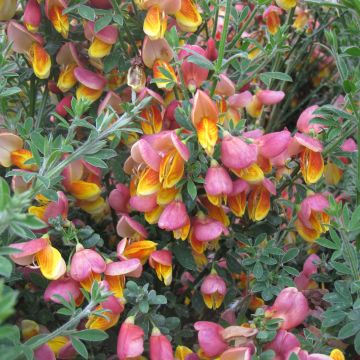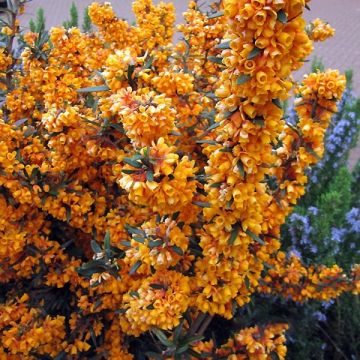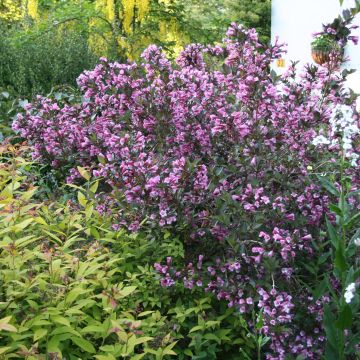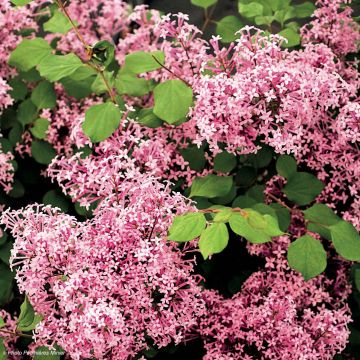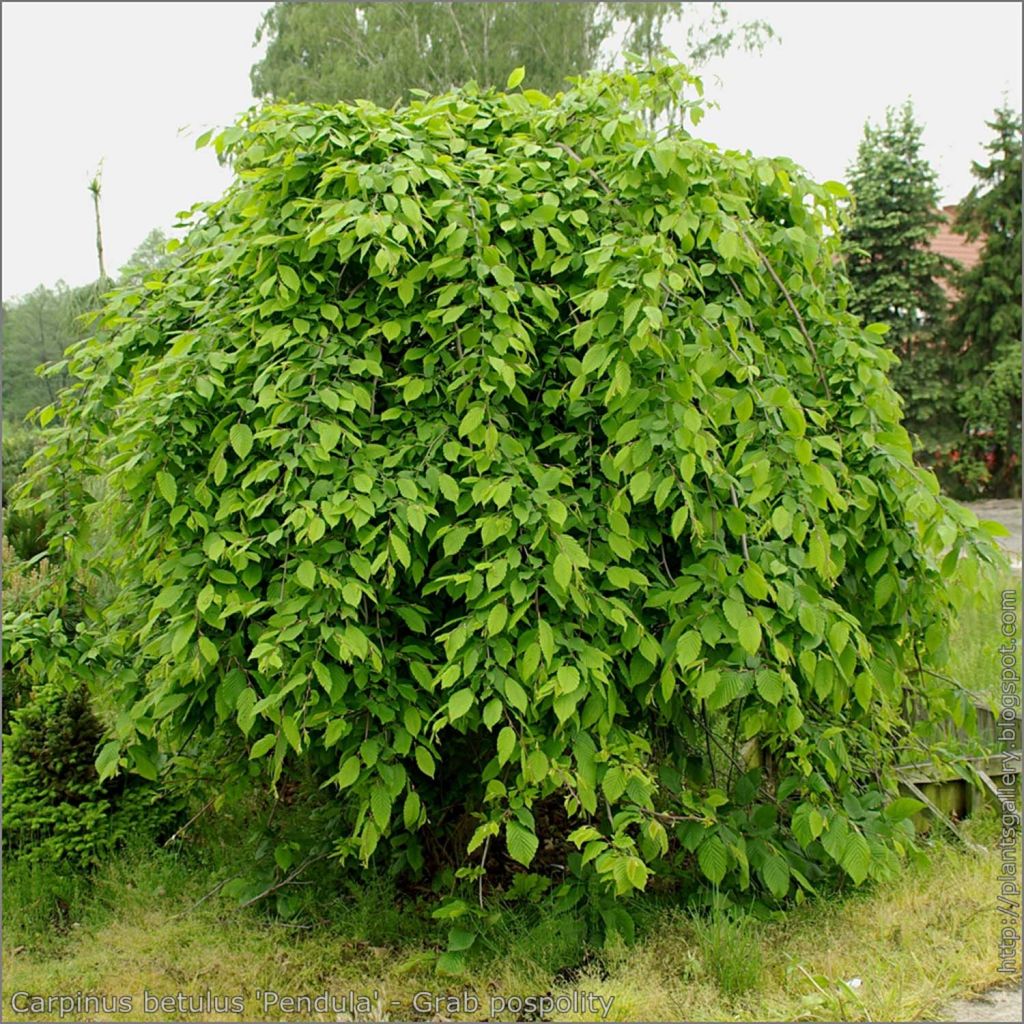

Carpinus betulus Pendula - Hornbeam
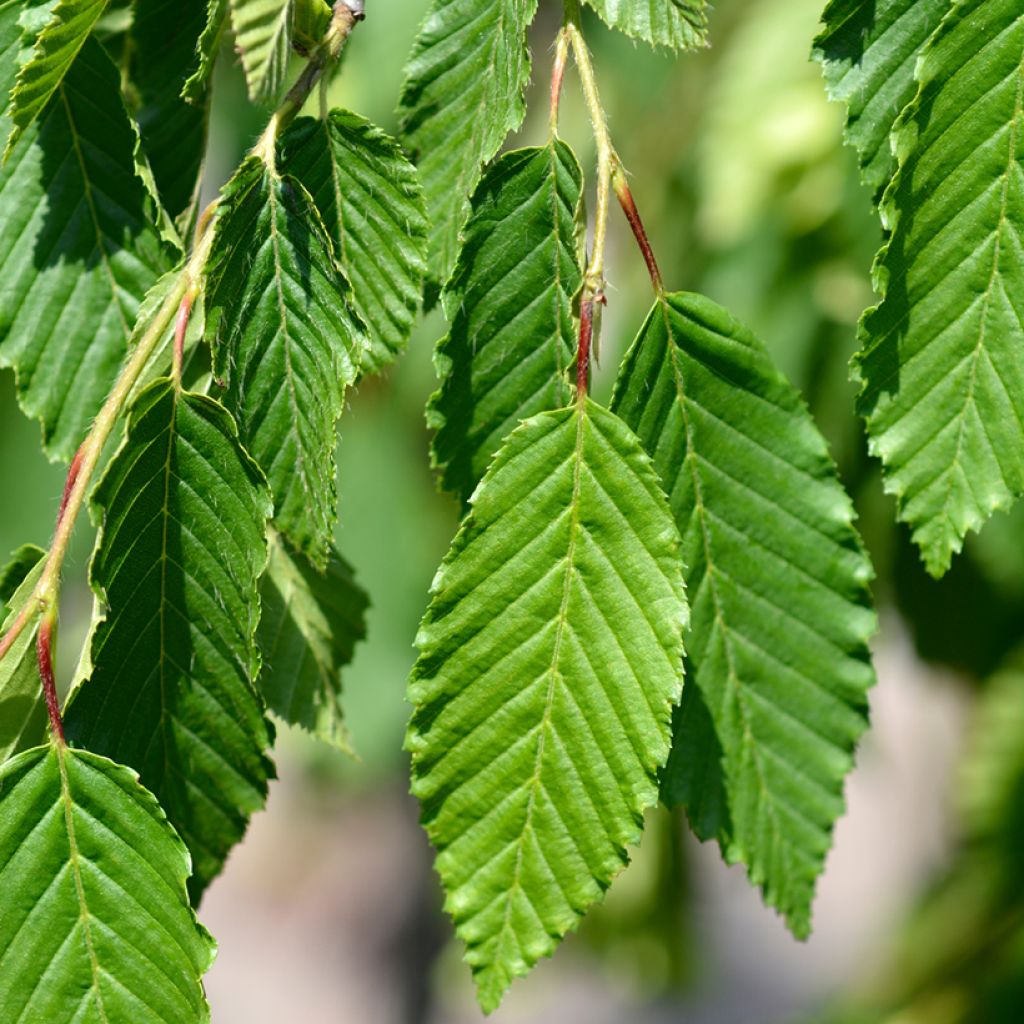

Carpinus betulus Pendula - Hornbeam
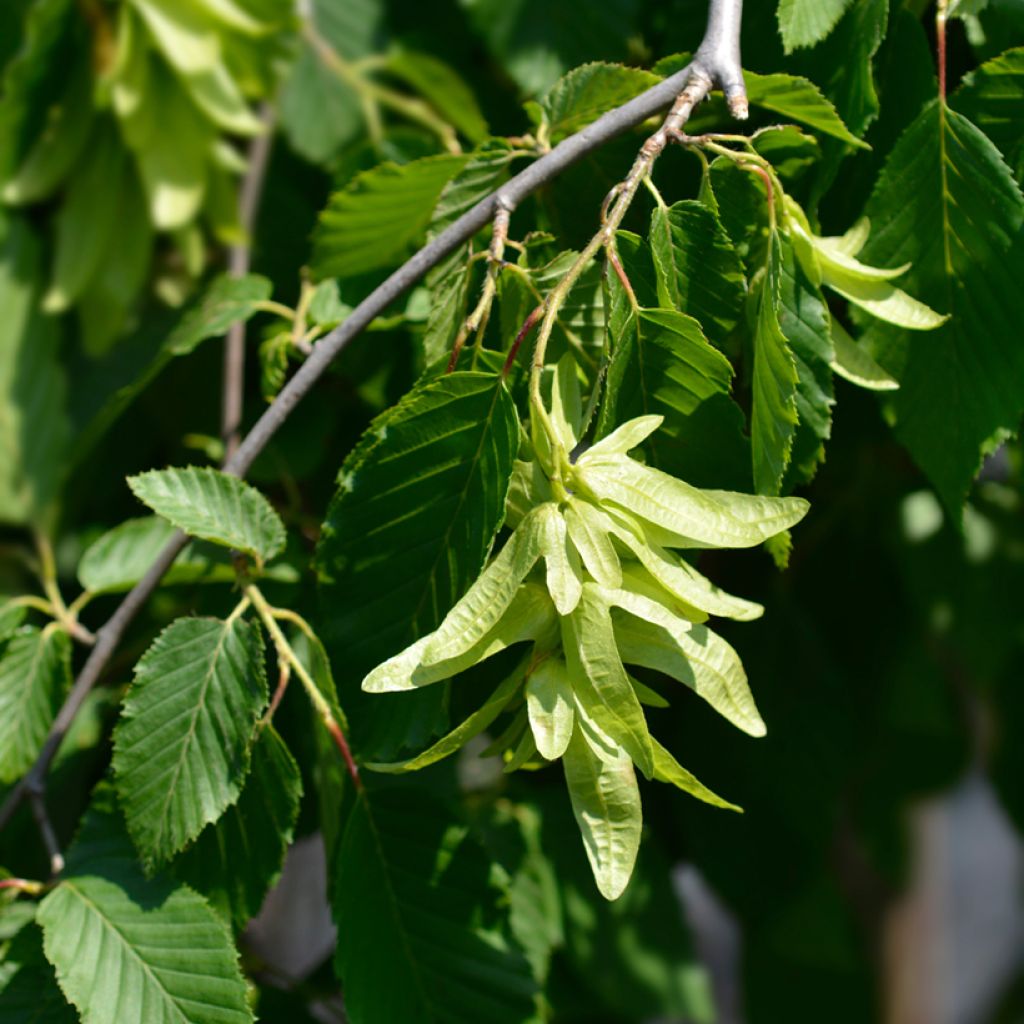

Carpinus betulus Pendula - Hornbeam
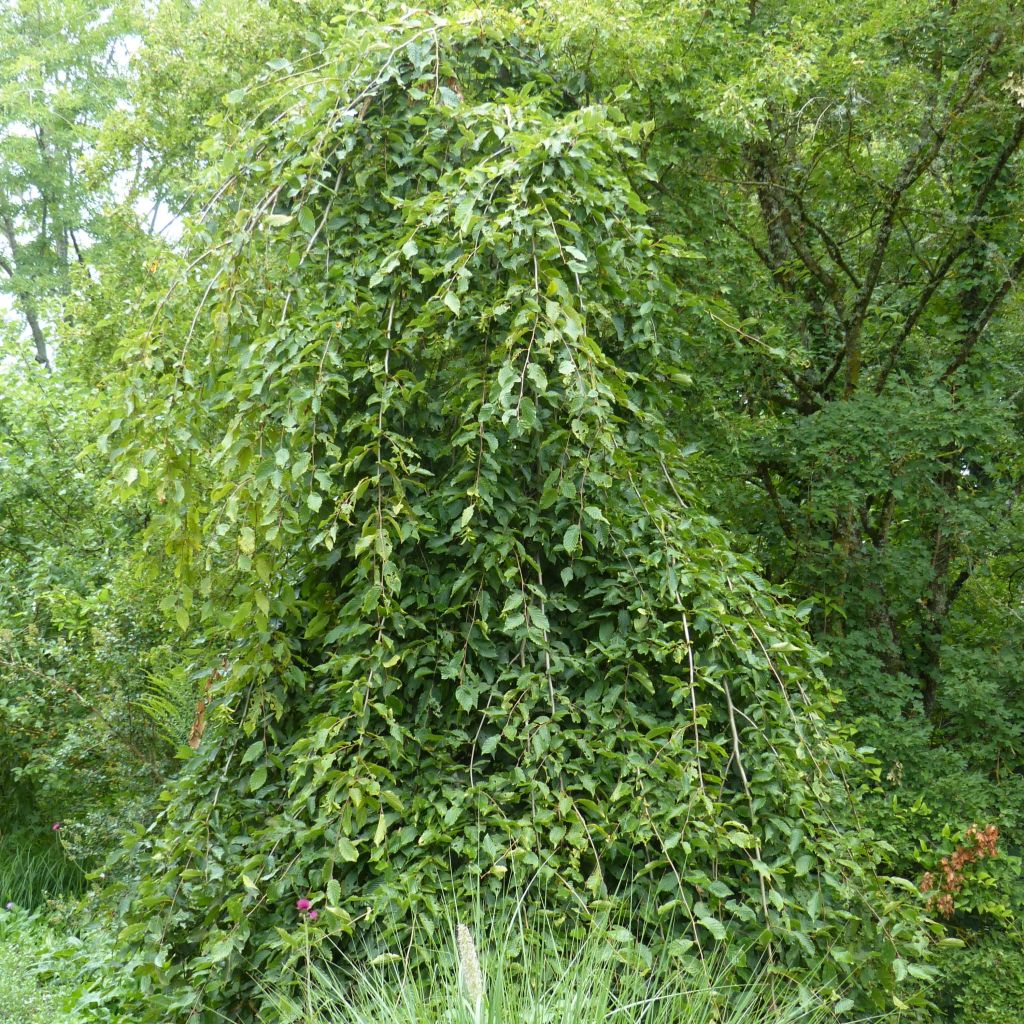

Carpinus betulus Pendula - Hornbeam
Carpinus betulus Pendula - Hornbeam
Carpinus betulus Pendula
Weeping Hornbeam
Great, I am very satisfied.
Mimi, 26/02/2025
Special offer!
Receive a €20 voucher for any order over €90 (excluding delivery costs, credit notes, and plastic-free options)!
1- Add your favorite plants to your cart.
2- Once you have reached €90, confirm your order (you can even choose the delivery date!).
3- As soon as your order is shipped, you will receive an email containing your voucher code, valid for 3 months (90 days).
Your voucher is unique and can only be used once, for any order with a minimum value of €20, excluding delivery costs.
Can be combined with other current offers, non-divisible and non-refundable.
Home or relay delivery (depending on size and destination)
Schedule delivery date,
and select date in basket
This plant carries a 24 months recovery warranty
More information
We guarantee the quality of our plants for a full growing cycle, and will replace at our expense any plant that fails to recover under normal climatic and planting conditions.
Would this plant suit my garden?
Set up your Plantfit profile →
Description
Carpinus betulus 'Pendula' is an old variety of common hornbeam that stands out for its weeping habit. It is a grafted tree, meaning its height varies depending on the graft height. It will look very nice as a standalone tree, in a garden border, or integrated into a flowerbed. Its green, corrugated and toothed leaves turn orange-yellow in autumn and persist for a long time on grey-brown branches before falling. This vigorous hornbeam is very hardy and resistant, really easy to grow.
Carpinus betulus, sometimes called hornbeam, is a tree native to forests in Europe and Asia Minor (Turkey and Ukraine) with a pyramidal habit that becomes rounder over time. Its straight trunk is covered with a pale grey to grey-green bark. It is smooth in young hornbeams and cracks as it ages. Its flowers are monoecious, either male or female, with a slightly different appearance and emerging in autumn (male catkins) and spring (female catkins). Carpinus betulus produces pendulous clusters of fruits measuring 3 to 6cm (1.2 to 2.4in) long, green in colour, which turn yellow-brown when mature, in late September. These fruits are called samaras and are toxic.
The variety 'Pendula' is an old French variety that stands out from the typical species with its weeping, rounded, spreading, and dense habit. Its dark, grey-brown branches bear foliage composed of oval and toothed leaves, measuring 8 to 10cm (3.1 to 3.9in) long. Its colour is a bright green from spring to summer, turning orange-yellow in autumn.
The 'Pendula' hornbeam is a very hardy and undemanding plant, adapting to any sufficiently deep soil, even dry, and suitable for urban environments. It is mainly used as a standalone tree in the middle of a short grass meadow, in a garden border, or integrated into a flowerbed.
The wood of the common hornbeam is used for heating, papermaking, and even for making tools and toys for children. It is a bush that rarely exceeds 100 years in nature.
Report an error about the product description
Carpinus betulus Pendula - Hornbeam in pictures


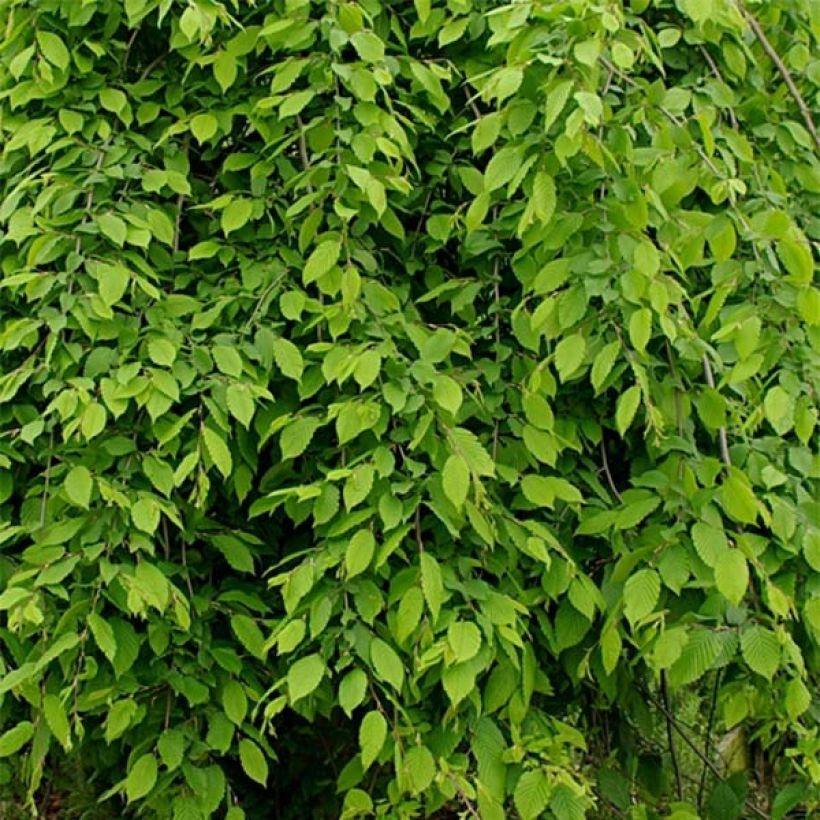

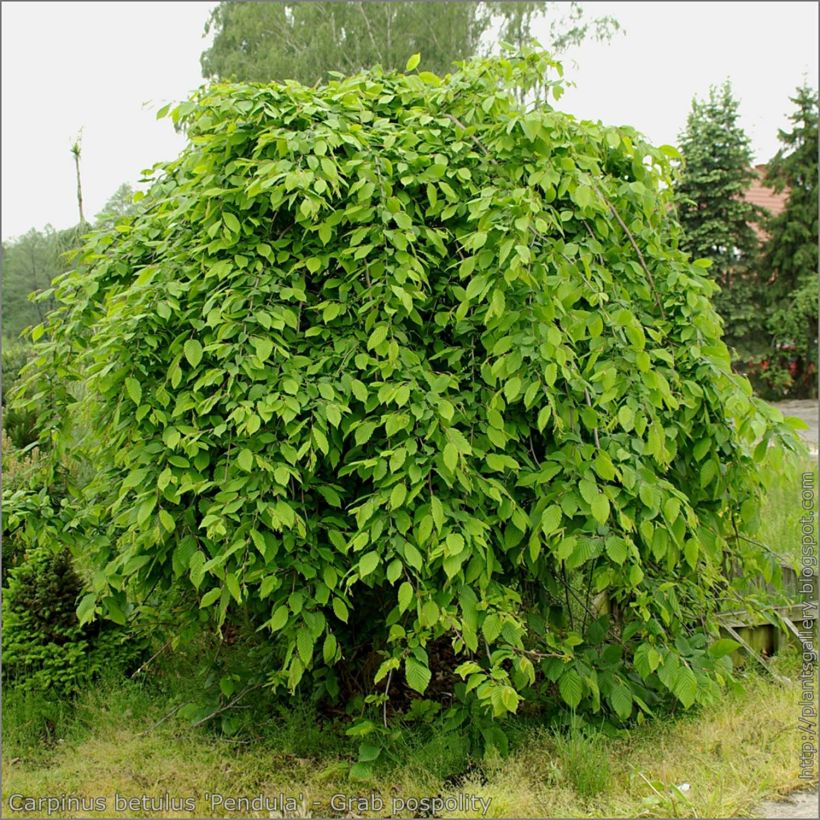

Plant habit
Flowering
Foliage
Safety measures
Botanical data
Carpinus
betulus
Pendula
Betulaceae
Weeping Hornbeam
Cultivar or hybrid
atteinterespiratoire
Cette plante peut entraîner des symptômes allergiques.
Evitez de la planter si vous ou vos proches souffrez de rhinite saisonnière ("rhume des foins").
Davantage d'informations sur https://plantes-risque.info
Other Carpinus - Hornbeam
View all →Planting and care
Carpinus betulus 'Pendula' particularly enjoys cool semi-shaded areas but can also thrive in non-intense sunlight. Place it sheltered from cold and drying winds in any type of soil as long as it is well-drained. However, it fears acidic soils. Common Hornbeam withstands cold and heat well but does not tolerate summer heatwaves, especially when the soil lacks depth. It thrives in a continental climate. It can be susceptible to coral disease and can be invaded by caterpillars and aphids.
Planting period
Intended location
Care
-
, onOrder confirmed
Reply from on Promesse de fleurs
Similar products
Haven't found what you were looking for?
Hardiness is the lowest winter temperature a plant can endure without suffering serious damage or even dying. However, hardiness is affected by location (a sheltered area, such as a patio), protection (winter cover) and soil type (hardiness is improved by well-drained soil).

Photo Sharing Terms & Conditions
In order to encourage gardeners to interact and share their experiences, Promesse de fleurs offers various media enabling content to be uploaded onto its Site - in particular via the ‘Photo sharing’ module.
The User agrees to refrain from:
- Posting any content that is illegal, prejudicial, insulting, racist, inciteful to hatred, revisionist, contrary to public decency, that infringes on privacy or on the privacy rights of third parties, in particular the publicity rights of persons and goods, intellectual property rights, or the right to privacy.
- Submitting content on behalf of a third party;
- Impersonate the identity of a third party and/or publish any personal information about a third party;
In general, the User undertakes to refrain from any unethical behaviour.
All Content (in particular text, comments, files, images, photos, videos, creative works, etc.), which may be subject to property or intellectual property rights, image or other private rights, shall remain the property of the User, subject to the limited rights granted by the terms of the licence granted by Promesse de fleurs as stated below. Users are at liberty to publish or not to publish such Content on the Site, notably via the ‘Photo Sharing’ facility, and accept that this Content shall be made public and freely accessible, notably on the Internet.
Users further acknowledge, undertake to have ,and guarantee that they hold all necessary rights and permissions to publish such material on the Site, in particular with regard to the legislation in force pertaining to any privacy, property, intellectual property, image, or contractual rights, or rights of any other nature. By publishing such Content on the Site, Users acknowledge accepting full liability as publishers of the Content within the meaning of the law, and grant Promesse de fleurs, free of charge, an inclusive, worldwide licence for the said Content for the entire duration of its publication, including all reproduction, representation, up/downloading, displaying, performing, transmission, and storage rights.
Users also grant permission for their name to be linked to the Content and accept that this link may not always be made available.
By engaging in posting material, Users consent to their Content becoming automatically accessible on the Internet, in particular on other sites and/or blogs and/or web pages of the Promesse de fleurs site, including in particular social pages and the Promesse de fleurs catalogue.
Users may secure the removal of entrusted content free of charge by issuing a simple request via our contact form.
The flowering period indicated on our website applies to countries and regions located in USDA zone 8 (France, the United Kingdom, Ireland, the Netherlands, etc.)
It will vary according to where you live:
- In zones 9 to 10 (Italy, Spain, Greece, etc.), flowering will occur about 2 to 4 weeks earlier.
- In zones 6 to 7 (Germany, Poland, Slovenia, and lower mountainous regions), flowering will be delayed by 2 to 3 weeks.
- In zone 5 (Central Europe, Scandinavia), blooming will be delayed by 3 to 5 weeks.
In temperate climates, pruning of spring-flowering shrubs (forsythia, spireas, etc.) should be done just after flowering.
Pruning of summer-flowering shrubs (Indian Lilac, Perovskia, etc.) can be done in winter or spring.
In cold regions as well as with frost-sensitive plants, avoid pruning too early when severe frosts may still occur.
The planting period indicated on our website applies to countries and regions located in USDA zone 8 (France, United Kingdom, Ireland, Netherlands).
It will vary according to where you live:
- In Mediterranean zones (Marseille, Madrid, Milan, etc.), autumn and winter are the best planting periods.
- In continental zones (Strasbourg, Munich, Vienna, etc.), delay planting by 2 to 3 weeks in spring and bring it forward by 2 to 4 weeks in autumn.
- In mountainous regions (the Alps, Pyrenees, Carpathians, etc.), it is best to plant in late spring (May-June) or late summer (August-September).
The harvesting period indicated on our website applies to countries and regions in USDA zone 8 (France, England, Ireland, the Netherlands).
In colder areas (Scandinavia, Poland, Austria...) fruit and vegetable harvests are likely to be delayed by 3-4 weeks.
In warmer areas (Italy, Spain, Greece, etc.), harvesting will probably take place earlier, depending on weather conditions.
The sowing periods indicated on our website apply to countries and regions within USDA Zone 8 (France, UK, Ireland, Netherlands).
In colder areas (Scandinavia, Poland, Austria...), delay any outdoor sowing by 3-4 weeks, or sow under glass.
In warmer climes (Italy, Spain, Greece, etc.), bring outdoor sowing forward by a few weeks.






























